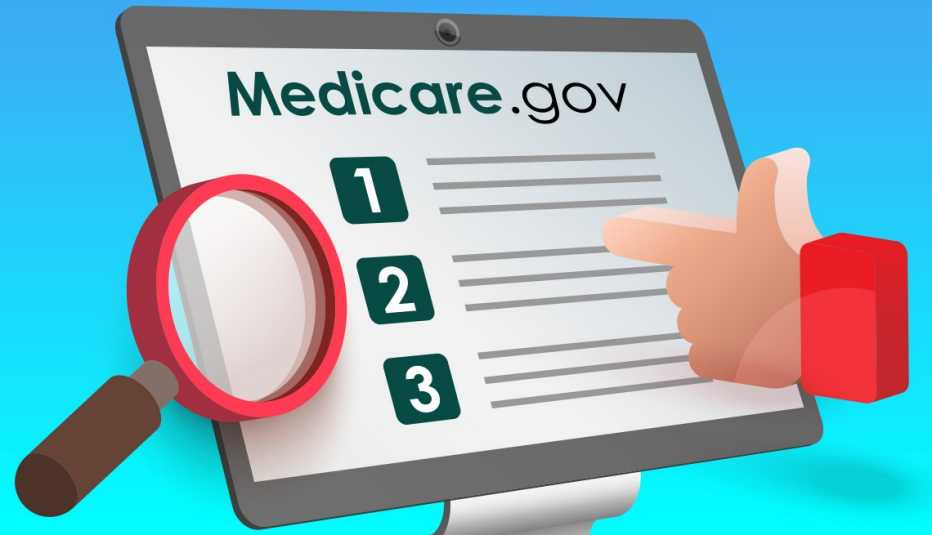Staying Fit
If you sign up for Medicare after you retire, you could end up paying higher premiums because of the salary and investment income you had before you stopped working.
But after your income drops, you can take steps to lower your premiums.


AARP Membership— $12 for your first year when you sign up for Automatic Renewal
Get instant access to members-only products and hundreds of discounts, a free second membership, and a subscription to AARP the Magazine.
Medicare premiums are based on your last income tax return on file, which in 2023 would be 2021. If you’re a single filer and your modified adjusted gross income was more than $97,000, or more than $194,000 if you’re married and filing jointly, you’ll have to pay higher premiums for Medicare Part B and Part D prescription drug coverage.
The Centers for Medicare & Medicaid Services estimates that 7 percent of Medicare beneficiaries have to pay the high-income surcharge in 2023. But if you’ve retired and your income has dropped, you can ask the Social Security Administration to recalculate your premiums based on your lower income.
Retirement is one of several life-changing events that qualify to reduce or eliminate the surcharge, known officially as the income-related monthly adjustment amount (IRMAA).
“If your financial situation has changed because you lost your job or retired, appeal the IRMAA,” says Tatiana Fassieux, education and training specialist at California Health Advocates.





































































